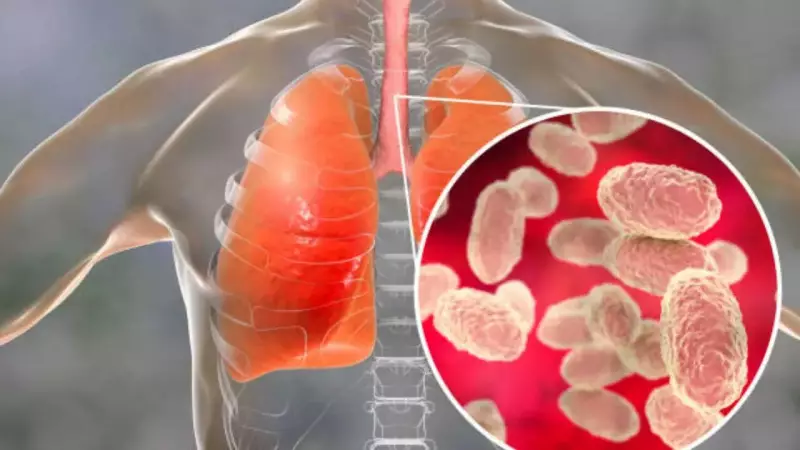
A dangerous bacterial infection from the past is staging an alarming comeback across India, putting children's lives at risk. Diphtheria, once nearly eradicated through widespread vaccination, is now showing a disturbing resurgence in pediatric cases that has health experts deeply concerned.
What Exactly is Diphtheria?
Diphtheria is a serious bacterial infection caused by Corynebacterium diphtheriae that primarily affects the mucous membranes of the throat and nose. This isn't just a simple sore throat - it's a potentially fatal disease that can cause severe breathing difficulties, heart failure, and paralysis.
The Telltale Signs Every Parent Should Know
Early detection is crucial for survival. Watch for these warning symptoms:
- Thick gray membrane covering the throat and tonsils
- Severe sore throat and hoarse voice
- Swollen glands in the neck
- Difficulty breathing and rapid breathing
- Nasal discharge and fever
- General weakness and fatigue
Why is This Old Enemy Returning?
Medical experts point to several concerning factors driving this resurgence:
The most significant contributor appears to be gaps in childhood vaccination schedules. Many children are missing their crucial DPT (diphtheria, pertussis, tetanus) booster shots, leaving them vulnerable to infection.
Additionally, increased population mobility and urban crowding create ideal conditions for the bacteria to spread rapidly through respiratory droplets when infected people cough or sneeze.
The Alarming Complications
What makes diphtheria particularly dangerous are its severe complications:
- Breathing blockage from the thick throat membrane
- Heart muscle damage leading to inflammation
- Nerve damage causing paralysis
- Lung infection and respiratory failure
Protection and Prevention: What Parents Need to Do
The most effective defense remains vaccination. The DPT vaccine, typically administered in five doses during childhood, provides robust protection. Adults may need booster shots every 10 years to maintain immunity.
If you suspect diphtheria infection, seek immediate medical attention. Early treatment with diphtheria antitoxin and antibiotics can be life-saving.
A Call to Action for Public Health
This resurgence serves as a critical reminder that vaccine-preventable diseases can return when vaccination rates decline. Health authorities are urging parents to ensure their children's immunization records are complete and up-to-date.
The return of diphtheria represents a significant public health challenge that requires coordinated efforts from healthcare providers, parents, and communities to protect our most vulnerable population - our children.





